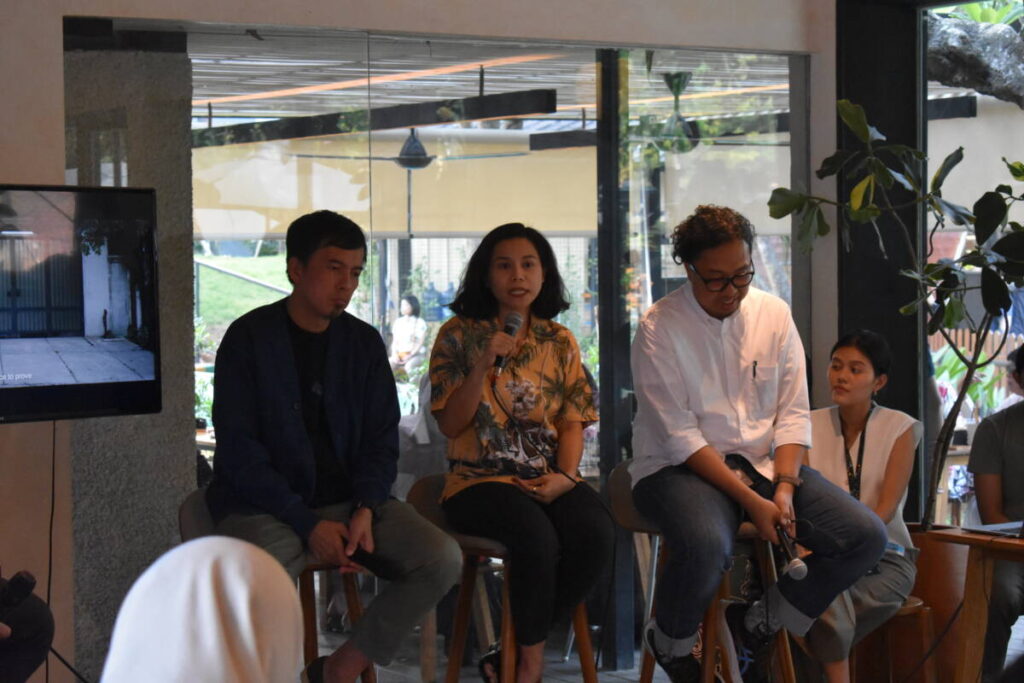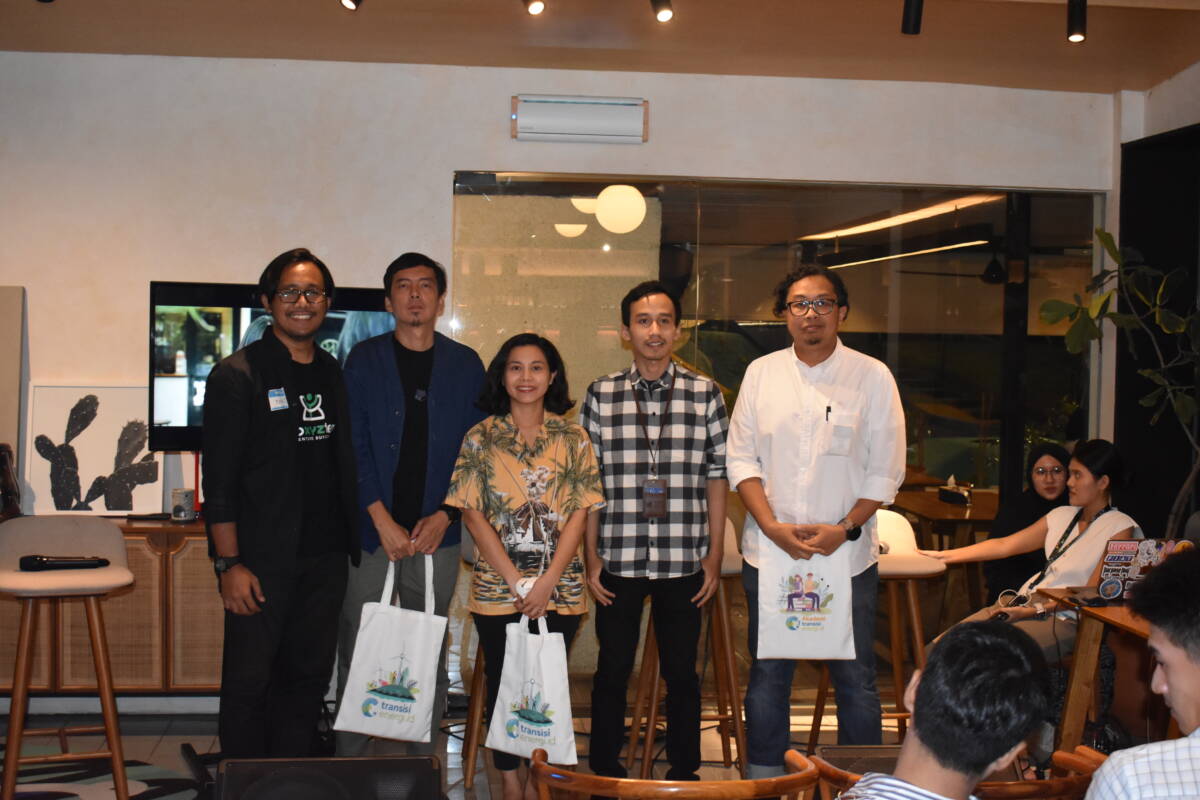Jakarta, September 27, 2023 – There has been a growing focus on environmental problems, with one of the most pressing issues being waste management. Based on data from the Ministry of Environment and Forestry (KLHK), the national waste stock reached 21.1 million tons in 2022. Of the total national waste production, 65.71% (13.9 million tons) can be managed, while the remaining 34.29% (7.2 million tons) needs better attention. Therefore, overcoming this issue requires participation from both businesses and communities.
Roni Pramaditia, Head of Medco Foundation, said waste has become integral to human life. Plastic waste management still needs to be improved in several Indonesian cities. Many plastics are thrown into rivers or oceans, which will then be carried away by currents and pollute aquatic ecosystems. Plastic waste carried by currents also threatens marine animals’ survival, including turtles, which often eat plastic, which they mistake for food. Moreover, waste is often burned, releasing greenhouse gas emissions like CO2 and CH4, contributing to climate change.
“For this reason, we are collaborating with Ecoxyxtem, the Institute for Essential Services Reform (IESR), and Kopi Nako Daur Baur to hold the Standup4Sustainability event. This event aims to gather business people in Jakarta and surrounding areas and open up opportunities for collaboration with sustainable solution providers such as providers of waste transportation services, renewable energy, and green buildings,” explained Roni at the Stand4upSustainability event on Wednesday (27/9/2023).
Rizqi Mahfudz Prasetyo, Sustainable Energy Access Program Staff, IESR, mentioned that another sustainable solution for protecting the environment that can be encouraged is the use of solar energy. It is becoming increasingly vital to tackle the problem of climate change, and harnessing solar power is a critical step in reducing greenhouse gas emissions, lessening reliance on fossil fuels, and preserving the natural environment. According to IESR, solar energy has a technical potential of 20,000 GW.

“Market studies conducted by IESR in several provinces show that the potential for rooftop solar PV (a combination of early adopters and early followers) is generally above 10%, even reaching 25% for certain target groups. However, the use of solar energy in Indonesia is still minimal. Based on data from the Directorate General of EBTKE, Ministry of Energy and Mineral Resources, the actual installed capacity of solar PV in 2022 is 271.6 MW or far below the plan of 893.3 MW,” explained Rizqi.
Another effort to protect the environment and reduce emissions is recycling. Robert Wanasida, Founder of Kopi Nako, said that this coffee shop, which is popular with young people, is implementing the Daur Baur initiative to apply sustainable design in architecture, furniture, and branding of Kopi Nako. The shop’s unique approach can be seen in the way it arranges used plastic cups on the walls and fence elements, known as PanelDaur, at the Nako Alam Sutera Coffee shop. It utilizes an understanding of used plastic cups arranged to form an eye-catching and Instagrammable design to be immortalized.
“The mixed cycle concept was motivated when we wanted to manage plastic waste to protect the environment. However, reducing plastic waste and achieving zero waste is challenging for Kopi Nako. We have been educating our employees regarding plastic waste management to raise awareness of environmental care. The mixed recycling initiative movement and our collaboration with waste banks to manage plastic waste have further supported our efforts,” said Robert.
Ratna Kartadjoemena, Founder of the Paloma Sjahrir Foundation, shared her journey in building a hotel using used materials, especially making the ceiling with 1.7 tons of plastic. In the construction process, Ratna admitted that her party collaborated with architects who understood the characteristics of Indonesia when using environmentally friendly art.
“Not only is the construction process environmentally friendly, but we also implement sustainable practices in hotel operations. We manage our hotel needs through recycling, which allows us to repurpose materials such as candles and drinking bottles, which can be provided to our guests for free. We also have a waste recycling lab that experiments with new ways to regenerate waste such as plastic and styrofoam washed up from seas and rivers, even oyster shells from restaurants into new products such as baskets, furniture, and certain facilities,” said Ratna.

